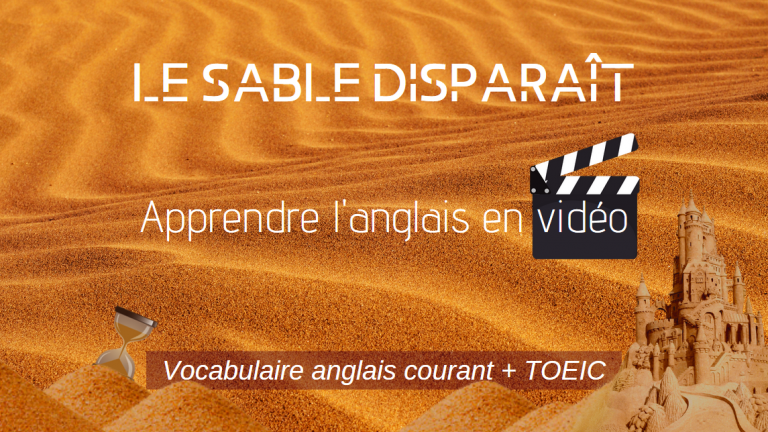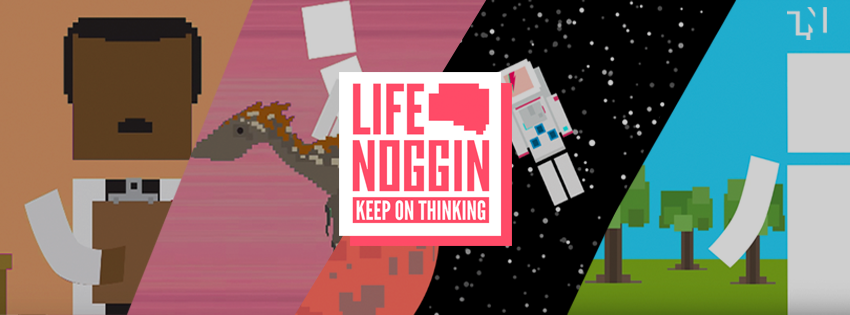Hi there! 🌞
Aujourd’hui, petite nouveauté sur le blog ! 🆕
Aujourd’hui je sors un article sur lequel j’avais déjà travaillé il y a un moment vu que je ne peux pas taper de texte comme je vous l’avais expliqué dans mon dernier article (7 expressions anglaises sur la météo 🌞 – Partie 3).
Je ne peux pas écrire mais je peux parler 🗣️ donc j’en ai profité pour introduire une petite nouveauté : un petit enregistrement 🎙 afin de vous aider à améliorer votre prononciation (🔜 en attendant les vidéos sur le sujet).
C’est la première fois que je fais ça alors surtout n’hésitez pas à me donner votre avis ! 😜
L’article du jour porte sur une petite vidéo. Le sujet fait d’ailleurs partie du vocabulaire de l’été ☀️ 🕶️ : sand. 🏝️ Oui, je parle bien du sable ! Vous vous demandez peut-être qu’est-ce que l’on pourrait bien dire d’intéressant sur un sujet si banal. 🤔 Restez avec nous et vous verrez qu’il y a largement de quoi dire ! 😉 😮
Grâce à cette vidéo, vous allez apprendre du vocabulaire d’anglais courant et donc indispensable à connaître. Il s’agit aussi de vocabulaire utile pour passer le TOEIC.
🎥 Vous allez aussi découvrir un phénomène d’une grande ampleur dont on ne parle pratiquement pas. Enfin n’hésitez pas à nous le faire savoir dans les commentaires si vous étiez déjà au courant 🔌, personnellement je n’en avais aucune idée ! 😮
The way to go
On commence par une petite introduction en anglais. C’est ici qu’apparaît la nouveauté : vous pouvez la lire tout en l’écoutant, en cliquant sur play ▶️ sur la piste audio qui la précède.
Je vous conseille ensuite de visionner la vidéo une fois en entier (elle dure moins de quatre minute 😜) avec ou sans les sous-titres. L’idéal serait de la regarder une première fois sans sous-titres puis une deuxième fois cette fois-ci avec les sous-titres anglais histoire de voir ce que vous avez compris.
Ensuite, je vous ai mis sa transcription avec le vocabulaire à retenir.
Dans cet article vous avez donc l’orthographe des mots anglais à connaitre avec leur prononciation. Ainsi on couvre tous les aspects importants dans l’apprentissage de nouveaux mots de vocabulaire 👌 (pour plus d’infos à ce sujet je vous conseille d’aller voir ou revoir cet article : Les 7 étapes essentielles pour apprendre du vocabulaire anglais).
Introduction : What are we going to watch?
There are plenty of awesome You Tube channels to practice your English in an entertaining way. Here’s a very instructive one. It’s actually one of my favorites! 😍 I’m talking about Life Noggin.
They produce a web show featuring animated educational videos tackling all kinds of topics of science 🔬, pop culture 👍, history 📜 or art 🖼️. I personally find it really fascinating!
Petite parenthèse en français :
Je vous conseille vraiment de jeter un coup d’œil 👀 à cette super chaîne You Tube. 👍 Vous savez qu’il est très très important d’écouter 👂 de l’anglais ! Et cette chaîne assez connue est parfaite pour ça ! Sans compter que vous apprendrez tout un tas de choses intéressantes grâce à ces vidéos qui, vous verrez, ont un design unique et bien sympa. Sur cette chaîne, les auteurs diffusent des vidéos éducatives et amusantes dans lesquelles ils répondent à des questions que tout le monde se pose.
Voici le lien vers la chaîne You Tube de Life Noggin : https://www.youtube.com/user/lifenoggin. Ils ont un joli site où vous pourrez retrouver toutes les vidéos ainsi que tout un tas d’autres choses marrantes et instructives : https://www.lifenoggin.com.
I would like to share one of Life Noggin’s numerous videos. It’s entitled “What Happens If We Run Out Of Sand?”. Obviously, it deals with the current and worsening sand shortage.
Did you know we’re actually running out of sand?! Have you ever heard about “Sand mafias”? I think it’s pretty scary! 😰 There are islands 🏝 vanishing not only because of global warming (causing a global sea level rise) but also because of sand mining! What is also worrying is that nobody talks about it, it looks like it is kept a secret 🤐 and nobody wants to stop this wrongdoing!
It contains a lot of environment vocabulary which you will need if you want to take the TOEIC or the TOEFL test for example. I also remember having to learn this vocabulary back in high school* and using it during the Baccalauréat.
*High school is American English. In France it corresponds approximately to the lycée.
So with this video you’ll learn useful English vocabulary and you’ll also get informed about important issues.
Without further ado, here’s the video 📽️
= Sans plus attendre, voici la vidéo
N.B. : L’anglais que vous entendez ici est de l’anglais américain. 🇺🇸
Transcription et vocabulaire à retenir
Voilà la transcription de la vidéo. Les mots de vocabulaire anglais à connaître sont en gras. Vous trouverez plus de précisions pour chaque mot à la fin de chaque partie.
Avant tout ça je vous mets juste trois termes à connaître en rapport avec le sujet.
sand = sable 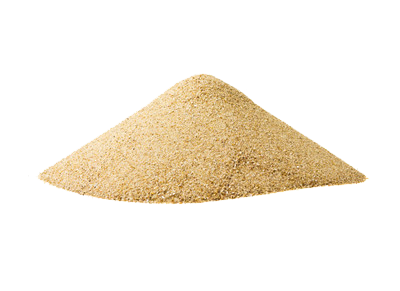
🏝 beach = plage 🏖
Attention à la prononciation 👄 ! Il s’agit ici d’un -i long. Beaucoup font l’erreur de le prononcer comme le mot bitch qui signifie quelque chose de bien différent ! Vous pouvez vérifier la prononciation sur le site du dictionnaire Cambridge : https://dictionary.cambridge.org/fr/prononciation/anglais/beach.
concrete = béton
HEY THERE! Welcome to Life Noggin!
Did you know we’re running out of sand? Seriously. Scientists just discovered this a few years ago and this problem is actually a heck of a lot worse than it sounds.
Surprisingly, we can’t just make more or take it from the deserts. This problem has lead to dozens of islands disappearing, hundreds of murders, and serious environmental damage.
to run out of something: to use up the available supply of something and not have any left
= être à court de quelque chose
The global sand shortage is a huge concern for groups like the UN, but no one’s really doing much about it. Sure you won’t get sand in those hard to reach places but What does this really mean for us and for our planet? Sand comes from rocks and minerals that have been battered by wind, rain and the seasons.
It resides at beaches, rivers, and sandboxes all over the world. And while it may seem like we’ve got enough sand to last forever, we really don’t. Not the most important kind we need for construction anyway.
global: worldwide 🌎🌍🌏
= mondial
shortage: not enough
= pénurie, déficit
the UN: stands for the United Nations. The UN is popularly known as the United Nations Organizations (UNO). 🇺🇳
= les Nations Unies (l’ONU)
sandbox: 1. child’s sandpit ; 2. (here) pit from which sand is dug
= 1. bac à sable, 2. (ici) carrière de sable (aussi appelé sablonnière ou sablière)
All over the world, sand is mined for things like building material, land reclamation, and hydrofracking. Most of the sand in nature, like in the desert, is too fine for society’s massive needs, so it’s mined from beachfronts, the bottom of the sea, riverbeds and quarries.
The sand industry is huge, worth about $70 billion!
It’s being mined faster than it’s being made and some countries are expected to run out of sand for construction as early as 2020.
land reclamation: create new land from ocean, riverbeds, or lake beds
= bonification des terres, récupération de terres gagnées sur des étendues d’eau (mer, océan) et des lits de rivières ou de lacs.
Large parts of the Netherlands 🇳🇱 – almost 17% of the entire country, about 7,000 square kilometres – have been reclaimed. You can see it on this animated image. It’s an excellent example of land reclamation.
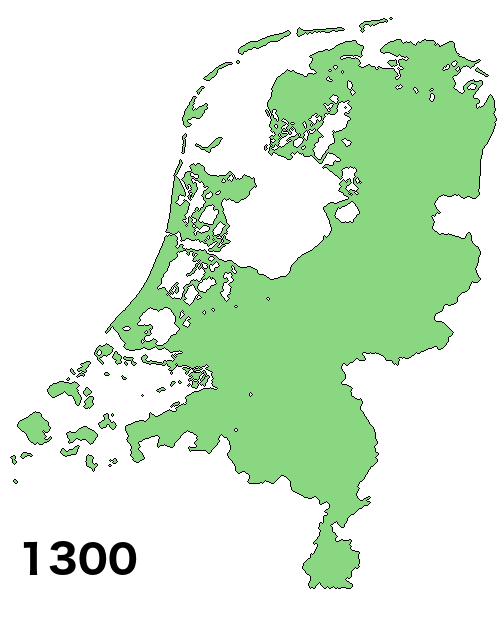
* Attention l’image comporte une faute au mot reclamation en y ajoutant un –i (après le premier –a) qui n’a pas lieu d’être. Le verbe quant à lui s’écrit bien avec un –i : to reclaim.
hydrofracking : also called hydraulic fracturing and hydrofracturing, it’s a process in which fractures in rocks below the earth’s surface are opened and widened by injecting chemicals and liquids at high pressure. The aim is to extract natural gas or oil.
= fracturation hydraulique, hydrofracturation
quarry (plural: quarries): open pit
= carrière
And it’s now known that we’re mining more sand and gravel than we are fossil fuels – an estimated 40 billion tonnes/44 billion tons every year.
There’s even a black market for sand that’s worth billions. These so-called « Sand Mafias » operate in over 70 countries and send armed gunmen to the beach at night to bag up sand.
Hundreds of people have been murdered over this surprisingly valuable resource and the negatives of this sand shortage don’t stop there.
Taking sand from an area makes it more vulnerable to erosion and reduces the stability of the ground.
fossil fuels: fuels (coal, oil or natural gas) that come from old life forms (dead plants or animals) that decomposed over a long period of time
= combustible fossile
black market: illegal trade
= marché noir
valuable: important, worth a lot of money, very useful
= de grande valeur, précieux
ground: soil, earth
= sol, terre
It can contribute to landslides and coastal communities have to deal with eroded beach fronts which make them even more vulnerable to rising sea levels and storms.
At least ten islands in Indonesia alone are thought to have disappeared because of extensive sand mining.
Erosion is already a huge problem caused by global warming and changing weather patterns, and sand mining is just contributing to the issue.
landslide : slippage of earth
= glissement de terrain
sea levels : the height of the sea surface 🌊
= niveau de la mer
(below/above sea level = au-dessous/au-dessus du niveau de la mer ➡ the following is incorrect : under/over sea level)
sand mining: the extraction of sand, mainly through an open pit but sometimes mined from beaches, inland sand dunes or ocean and river beds. It is most often used to produce concrete and asphalt but it also serves in road salt (to melt ice on the roads) or to reshape eroded coastlines
= extraction de sable
global warming: an increase in the average temperature on the earth 🔥
= réchauffement climatique
Ecosystems are also damaged by sand mining too. When sand is taken from river beds, it can alter the flow of the entire river and affect vegetation.
Water can be rerouted away from villages and areas that need it, creating shortages.
Plus, the wildlife in those areas suffer too. Animals like endangered Asian crocodiles have nowhere to bask and wait for food when their river beds are taken away.
And fish, crustaceans, and dolphins are also impacted by the altered water flow and the increased amount of floating sand in the water, putting many endangered species in even more serious danger.
endangered species: species close to extinction ⚰️
= espèces menacées
Identical singular and plural: one species, two species ➡ pour les pluriels irréguliers 🎲 à connaître je vous renvoie vers un récent article qui devrait bien vous aider 😉 :
👑 English is coming : le pluriel + un conseil pour progresser en anglais – Partie 1/2
If we don’t acknowledge the extent of this sand crisis and figure out a solution fast, we’re in real trouble.
With more and more people moving to cities, demands for construction sand are increasing. We’ll need to find alternative materials for building buildings, roads and bridges. Otherwise, they may just have to stay in the suburbs… which might not be so bad after all.
acknowledge: admit, recognize the existence or the truth
= reconnaître, admettre
extent: scope, range, degree to which something extends
= étendue
to be in trouble: have difficulties
= être en difficulté, avoir des ennuis
otherwise: or else
= sinon, sans quoi, autrement, faute de quoi
the suburbs: the area of homes close to or surrounding a city
= la banlieue
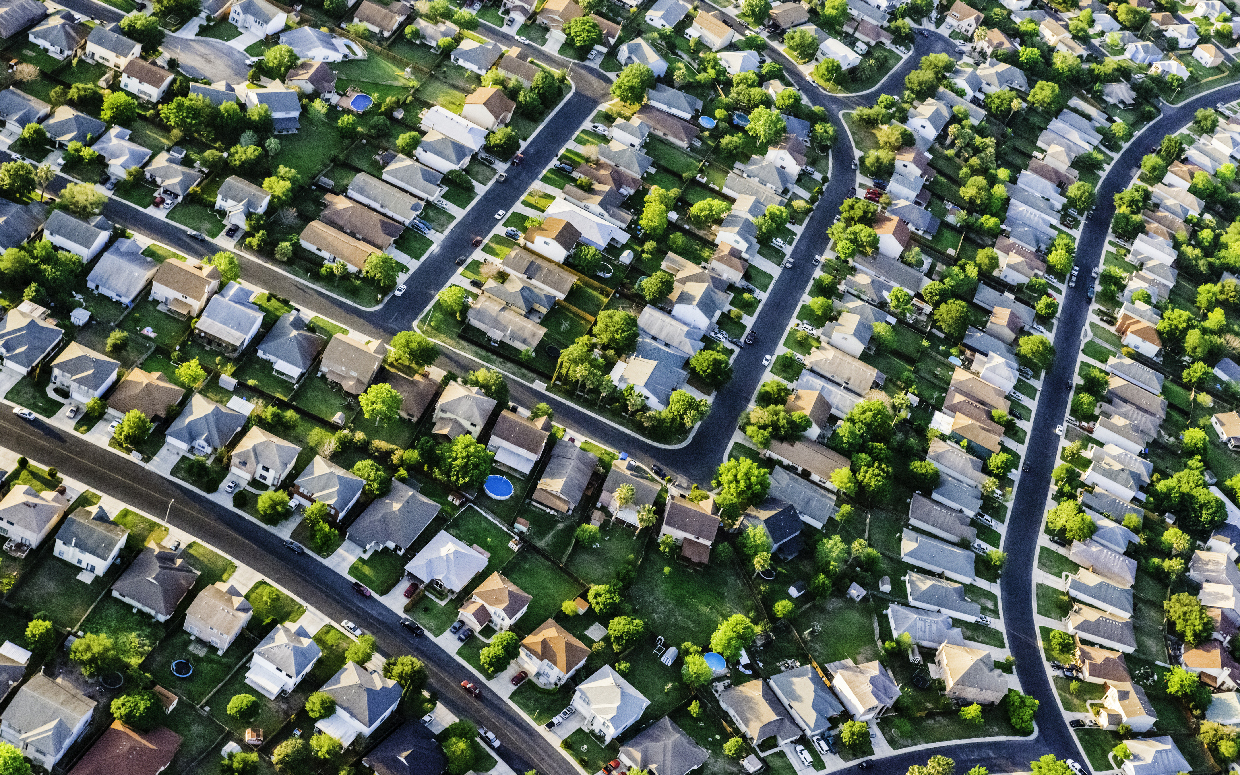
I have a pool in my backyard if anyone wants to come over.
Let us know in the comment section below what we should talk about next. We’re taking suggestions for future videos.
Curious to know what’s hiding deep in the ocean? Check out this video. These are massive, terrifying creatures with eyes the size of dinner plates and lengths greater than a school bus.
And when it’s time for them to eat they capture their prey with their two long feeding tentacles, bringing it in towards their beak.
As always, my name is Blocko, this has been Life Noggin. Don’t forget to Keep On Thinking!
My final word
If nothing is done soon it’s only thanks to the sandman that we will see sand (in our dreams) !

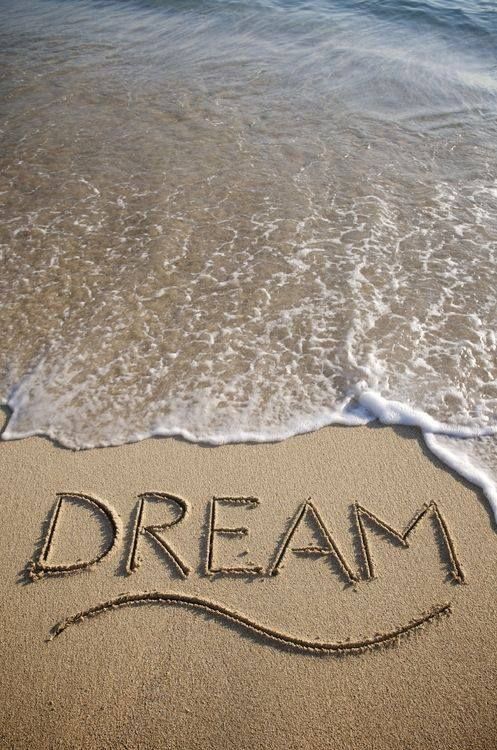

sandman: an imaginary or mythical man who brings sleep by sprinkling sand in people’s eyes
= marchand de sable
Piste audio et difficultés de la vidéo
C’est la première fois que j’introduis un enregistrement dans un article. Le but étant bien évidemment de vous aider sur le plan de la prononciation donnez-moi votre avis (dans les commentaires en fin d’article) pour que je puisse améliorer tout ça et vous offrir un apprentissage optimal ! 😜
Que pensez-vous de cette vidéo ? Est-ce que vous arriviez facilement à suivre ce qui était dit ? Ou l’avez-vous trouvé trop difficile à suivre ? 😓
Dites-le-moi dans les commentaires. Ainsi je pourrais vous aider à surpasser vos difficultés et j’aurais également un meilleur aperçu des besoins que vous avez pour améliorer votre anglais.
And of course, feel free to share your opinion about the topic at hand (= sujet traité ici, sujet dont il question).
Si le sujet vous intéresse je me permets de vous suggérer une excellente vidéo du Professeur Feuillage où vous pourrez en apprendre plus de façon marrante : https://www.youtube.com/watch?v=R8qlhSIWVMY.
Happy learning!

PS : Pour vous aider je vous offre gratuitement le Welcome Pack – 50 fiches de vocabulaire pour bien démarrer en anglais !

